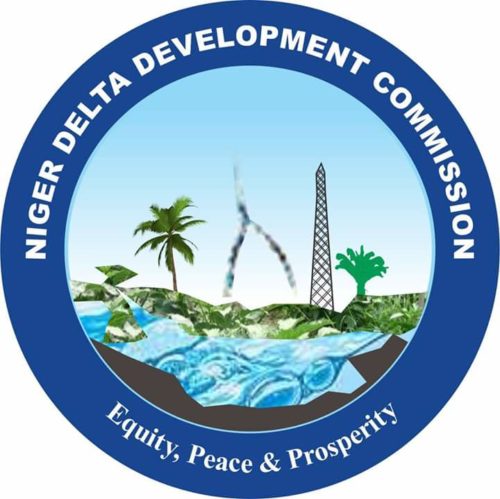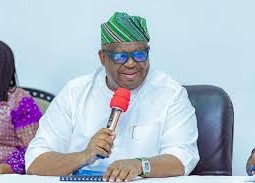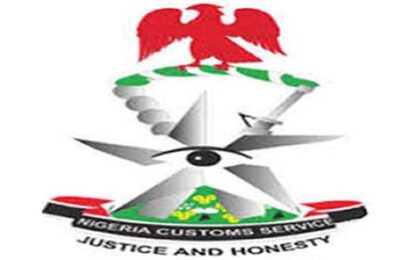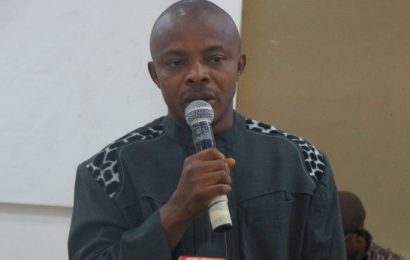
Capacity-building and thinking out of the box are necessary ingredients for the realisation of the Commission’s resolve to make a difference in the development of the Niger Delta region, the Niger Delta Development Commission, NDDC, says.
Speaking while declaring open a two-day training in Capacity-Building on Policy Process and Security Management in Port Harcourt, the NDDC Managing Director, Dr Samuel Ogbuku, stressed the importance of training and re-training in any organisation, noting that periodic update of knowledge was necessary to enhance the service delivery of the Commission.
Ogbuku, who was represented by the Executive Director of Finance and Administration, Major General Charles Airhiavbere,(Rtd.), said that the NDDC management recognised the need for staff development and urged the participants to pay attention and take advantage of the training.
A statement issued by Director, Corporate Affairs, Ibitoye Abosede, explained that the NDDC Chief Executive Officer stated that ensuring improved service delivery for the people of the Niger Delta region was dependent on the continuous advancement of the knowledge of those driving the development process.
He declared: “There is a need to review management policies from time to time as such policies are dynamic.”
Earlier in his opening remarks, the NDDC Director of Human Resources, Dr Alazigha Woyengibavagha, noted that the programme was a continuation of the staff training that the Commission had organised for all levels of staff in the Commission, including the state offices. He said: “This administration is desirous of improving the welfare of staff and training is part of this process.”
In his presentation, entitled: “Public Policy Formation, Implementation, Monitoring and Evaluation,” the facilitator, Dr Abdulwahab Ademola Lawal, underlined the importance of forming policies and working out appropriate implementation strategies.
He said that policymaking is a very serious and dynamic business that must be properly articulated.
The two-day training, meant for Directors and management level staff examined issues concerning policy making, policy processes, problems and issue definition, policy implementation strategies, as well as monitoring and evaluation.






